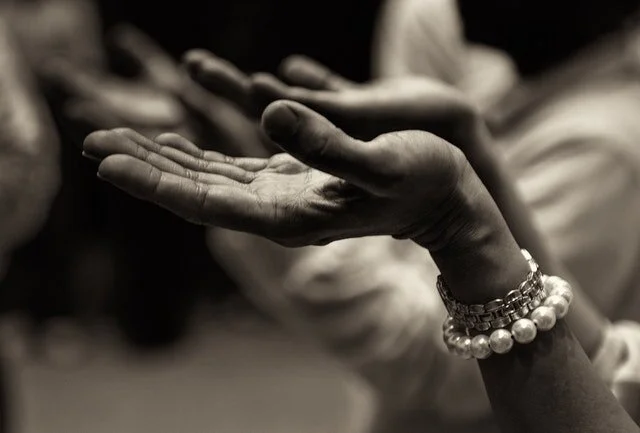
Korean by Birth, Jewish by Choice
“The Torah is truly the most valuable thing I ever found in my life,” says Jung-Eun Jeong, a 43-year-old stay at home wife. She leads a Korean Messianic Jewish study group every Saturday afternoon at her apartment in Fort Lee, New Jersey. One of the newer members, Mi-Young Jang, age 35, picks at the bits and pieces of beef and vegetable dumplings scattered on the paper plates.

Church and State: Getting Back Together for Education?
Don Duncan sits with ease, a kind smile wrinkling his gentle face framed in golden hair. He sets his tea down on a charming mess of sheet music, eyebrows suddenly furrowing as he recounts the catalyzing incident that made him resign as a trumpet professor at Wichita State University in Kansas.

Tokugawa Japan’s Sexual Culture through Ihara Saikaku
In The Life of an Amorous Man as well as his The Life of an Amorous Woman or, Five Women Who Loved Love, author Ihara Saikaku paints an interesting literary portrait of Tokugawa Japan’s sexual culture. Through these works, it seems that only males engaged in sexual activity with very young boys, while young girls were taken care of with the expectation that they grow up to favor their benefactor as future courtesans.

Humanizing the Enemy Through Art
In exploring the theme “Persecution in Europe”, the two films The Hiding Place (1975) and The Pianist (2002) portray the effects of Nazi invasion and occupation of the Netherlands and Poland respectively. Despite this difference in addition to the fact that they were produced 27 years apart, a powerful theme emerges in both films—the notion that art has the power to humanize the enemy.

My Country, Right or Wrong. My Children, Right or Wrong.
Imagine that there are two children drowning, one of whom is your own, and that you can only save one. The moral question is of course, who to save; yet the answer is so very clear—you save your own. In Judgment at Nuremberg (1961) and Copenhagen (2002), the highly regarded judge Ernst Janning and Nobel Prize winning German physicist Werner Heisenberg both more or less claim to have made the same decision when choosing to save their country at the cost of innocent lives.

Sign Language
“Go home kimchi” was scrawled on the newspaper wrapped around a rock that shattered Andy Nam’s store window, his first neighborhood greeting when he opened Grand Furniture on Broad Ave., Palisades Park in 1989. After moving from New York City for Closter, New Jersey’s better neighborhoods and schools for his two kids, he thought his new largely white neighborhood could be a new market for his business. “You see how my sign doesn’t have any Korean on it? It’s just Grand Furniture. I knew if they saw any Korean, they wouldn’t come in.”